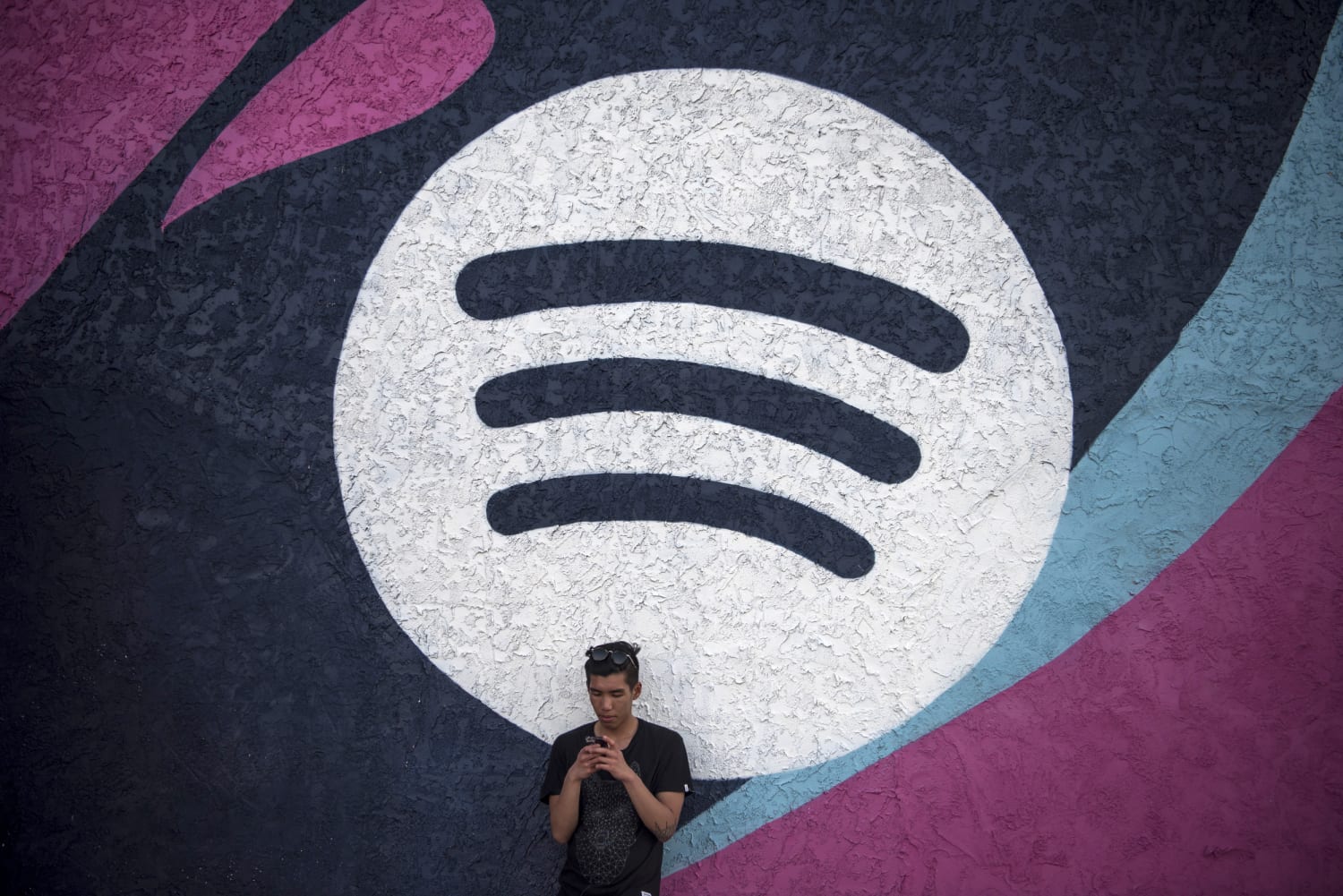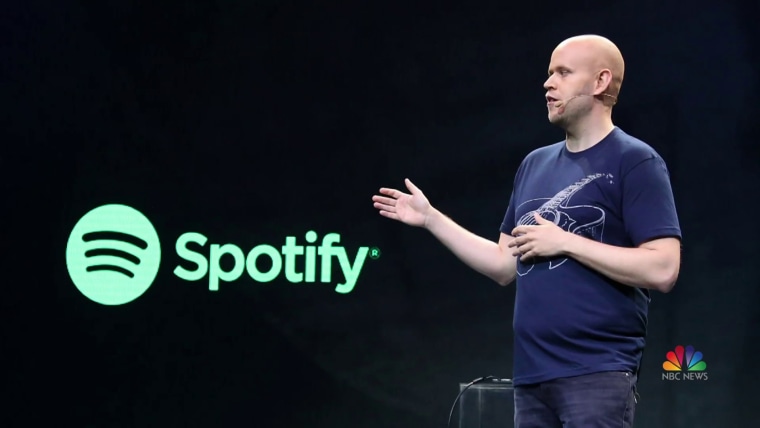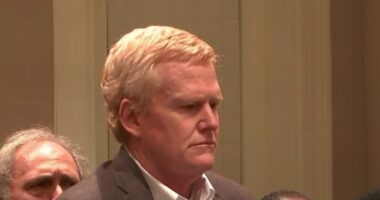Spotify says it will add a message to content about Covid-19 posted on its platform, directing users to accurate information about the pandemic and vaccines, and will also post its rules and “highlight” them for users. The company’s announcement Sunday came as the platform faces intense pressure from content creators and users for hosting vaccine misinformation, particularly by podcast host Joe Rogan.
But simply adding labels to content and posting rules is a pretty underwhelming response.
While the company hasn’t done enough, the celebrities and users who have called the company out have shown us how we can effectively fight vaccine misinformation.
After all, Facebook and Twitter have been attaching such messages with links to accurate vaccine information on posts on their sites since March. But belief in vaccine misinformation is still widespread. Almost 80 percent of Americans said they believe at least one vaccine myth or aren’t sure whether it’s true in a poll conducted in October by the Kaiser Family Foundation.
While social networks aren’t solely responsible, they certainly bear a fair share of the blame. After all, almost half of Americans say they “sometimes” or “often” get their news from social media, according to a 2021 Pew Research Center survey. So labels and links to accurate information alone aren’t going to solve this problem.
And, sorry to break this to you, Spotify, but posting rules on your website isn’t going to fix this, either. Facebook and Twitter post their rules online; that hasn’t stopped people from violating them. But amidst the mounting pressure, it was clear that Spotify had to do something.
Last week, singers Neil Young and Joni Mitchell pulled their music from Spotify in protest.
Scientists and medical professionals have said the information about the virus and vaccines shared on Rogan’s podcast, “The Joe Rogan Experience,” which reaches 11 million listeners per episode, is inaccurate and dangerous. (On Sunday, Rogan promised to do his “best to make sure I’ve researched these topics” and “try harder to get people with differing opinions” on his podcast.)
Prince Harry and Meghan Markle, who are producing and hosting podcasts on the platform, said in a statement issued by their foundation Sunday that they had told Spotify they were worried “about the all too real consequences of COVID-19 misinformation on its platform.”
And on Twitter, “Delete Spotify” trended last week as users said they were shuttering their accounts.
While the company hasn’t done enough, the celebrities and users who have called the company out have shown us how we can effectively fight vaccine misinformation. We haven’t seen these kinds of high-profile boycotts when social networks have hosted vaccine misinformation in the past. For example, the Center for Countering Digital Hate released a report that looked at a mere sample of vaccine misinformation on Twitter and Facebook over a six-week period in 2021 from February to March and found that the information was shared 812,000 times. But big celebrities and users didn’t start closing their Facebook and Twitter accounts en masse.
“I want you to know that from the very first days of the pandemic, Spotify has been biased toward action,” CEO Daniel Ek said in a statement after the backlash. “I trust our policies, the research and expertise that inform their development, and our aspiration to apply them in a way that allows for broad debate and discussion, within the lines. We take this seriously and will continue to partner with experts and invest heavily in our platform functionality and product capabilities for the benefit of creators and listeners alike.”
But what Spotify actually needs to do is identify and remove misinformation. To be clear, Facebook and Twitter also remove misinformation but they didn’t act quickly enough to do so at the start of the pandemic — which helps explain why vaccine skepticism became so deeply rooted. And they don’t catch all of it. While removing all misinformation may seem like a herculean task, research from other platforms shows that an astonishingly small number of people are usually responsible for most of the misinformation about Covid.
For example, the Center for Countering Digital Hate found that just 12 people and their organizations shared 65 percent of vaccine misinformation it studied. And a Wall Street Journal report on Facebook found that only 5 percent of the nearly 150,000 posters that were disabled for spreading misinformation in groups on the platform were responsible for half of the posts.
This slew of celebrity activism toward Spotify represents one of the most promising solutions to misinformation we’ve seen so far. And maybe it could be the way to address more of it.
If prominent content creators refuse to associate with Spotify (and other platforms) and users close their accounts, all of these companies would immediately become more proactive about prohibiting vaccine misinformation (and other toxic content). And content creators would also be more careful about what they post, to avoid getting kicked off.
A case in point is Rogan’s pledge to “try harder” to share accurate information. It certainly remains to be seen whether he’ll follow through (the fact that he also defended the credibility of past guests on his podcast in his announcement, calling them “highly credentialed, very intelligent, very accomplished people,” leaves me skeptical at best). Still, this concession from Rogan was scarcely imaginable just days ago. It tells us he’s been put on notice that he can’t keep sharing inaccurate information with impunity. This was a long time in coming.
Now, it’s a strategy influencers and users should apply to other social networks. It’s clear that just a few high-profile voices can make a big difference.
Spotify seems to have learned an important lesson that it has to get more serious about cracking down on misinformation. That’s good because its announcement about labeling Covid content, directing users to an information center and posting rules — all things other social networks have been trying for a long time without solving the problem — should only be the start of the company’s efforts.
But the rest of us have also learned something critical: Collectively, we can hold platforms accountable for spreading vaccine misinformation and demand that they do better. Calling out Spotify should only be the start of this.
Source: | This article originally belongs to Nbcnews.com











